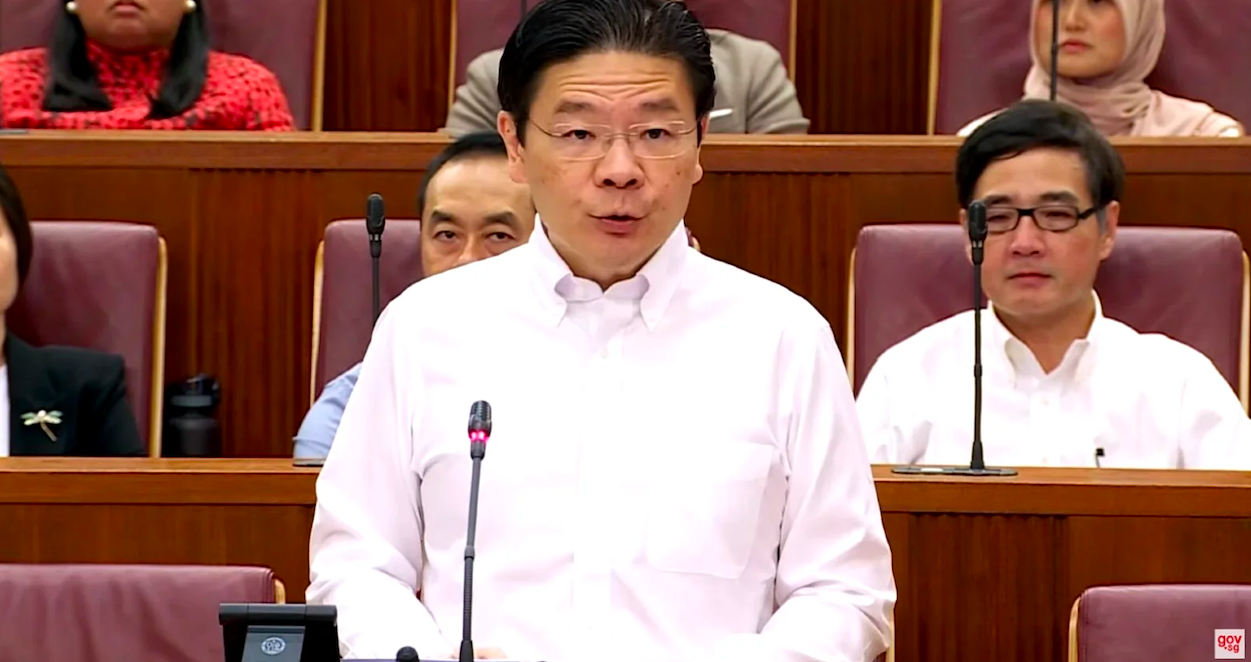Singapore: 900 mental health clinics on the way
In addition to the creation of new specialised centres, dedicated mental health services will be introduced in all polyclinics in Singapore. The number of psychiatrists and psychologists in public health will also be increased, by 30 per cent and 40 per cent respectively. The government wants to implement the measures by 2030.
Singapore (AsiaNews/Agencies) - "The government will take a number of significant steps to improve the mental health and psychological wellbeing of citizens," Deputy Prime Minister Lawrence Wong announced to Parliament on 7 February unveiling a series of changes by the government in addressing the issue for its five million inhabitants.
The most significant measures that will be introduced are an increase in the number of places in the psychiatry department of the National Institute of Mental Health, while the Alexandra Hospital will be completely refurbished by increasing the space dedicated to the treatment and mental wellbeing of patients. The number of psychiatrists and psychologists employed in public health will be increased by 30% and 40% respectively.
The executive also aims to renew 'basic' training in these fields, starting with the preparation of 28,000 workers and volunteers who will be in the front line for the wellbeing of the community. Finally, the big news is the introduction of dedicated mental health services in all existing polyclinics and the creation of 900 more social and health clinics, with the government aiming to have all these measures in place by 2030, or even earlier.
Wong emphasised that mental health is the government's priority in the coming years: 'We have a lot to do and the agenda is busy. We have set plans for facilities and training and we have a lot to achieve on a very complex issue. We want the issue, which affects everyone, to involve the entire population, so that together we can learn how to improve collective wellbeing and continue to fine-tune our strategies based on feedback from citizens and their experiences'.
The deputy prime minister himself acknowledges that attitudes towards mental health problems are changing in Singapore, although stigma still remains deep-rooted. And this 'reduces a complex issue to harmful labels and stereotypes.
This kind of issue exposes people struggling with mental health conditions to discrimination in interpersonal relationships, as well as in the workplace. Opening up about the issue or entering therapy may result in social ostracism. This holds back many people who would need treatment'.
Improving mental health treatment also means unhinging the mentality still predominant in Singapore that celebrates the 'rhetoric of success' at the expense of those who need psychological help and support.
Indeed, on this front, Wong pointed out that the government is taking policy measures, reviewing the education and health system, reducing wage gaps and strengthening safety nets, but he also reminded the House that 'we cannot make this happen through politics alone. We need everyone's help to change things,' he concluded, 'in favour of shared prosperity.
22/07/2022 16:42







.png)










